07 January, 2010
A Philosophy of Beauty
Are you looking for a coherent philosophy of beauty as it relates to art? Roger Scruton has offered the series, Why Beauty Matters, through the BBC. I post the first of six here, and you may follow the prompts at You Tube to see the rest of his excellent show.
My own take is that the presence of beauty in contemporary art is the strongest argument for the sublime in fine art. Beauty continues to please contemporary tastes, and so I would ask: if post modernists have proven that art is not contained by beauty, then why is there so much of it in art today?
View Mr. Scruton's series, and I believe you will have a clearer picture of art's value than was presented by Mr. Schama's series, which I linked to previously.
Labels:
Art Philosophy,
Video
Subscribe to:
Post Comments (Atom)
Abstract Expressionism, Art Criticism, Artists, Colorist Art, Drawing, History, Impressionism, Modern Art, Painting, Pastel, Post Impressionism

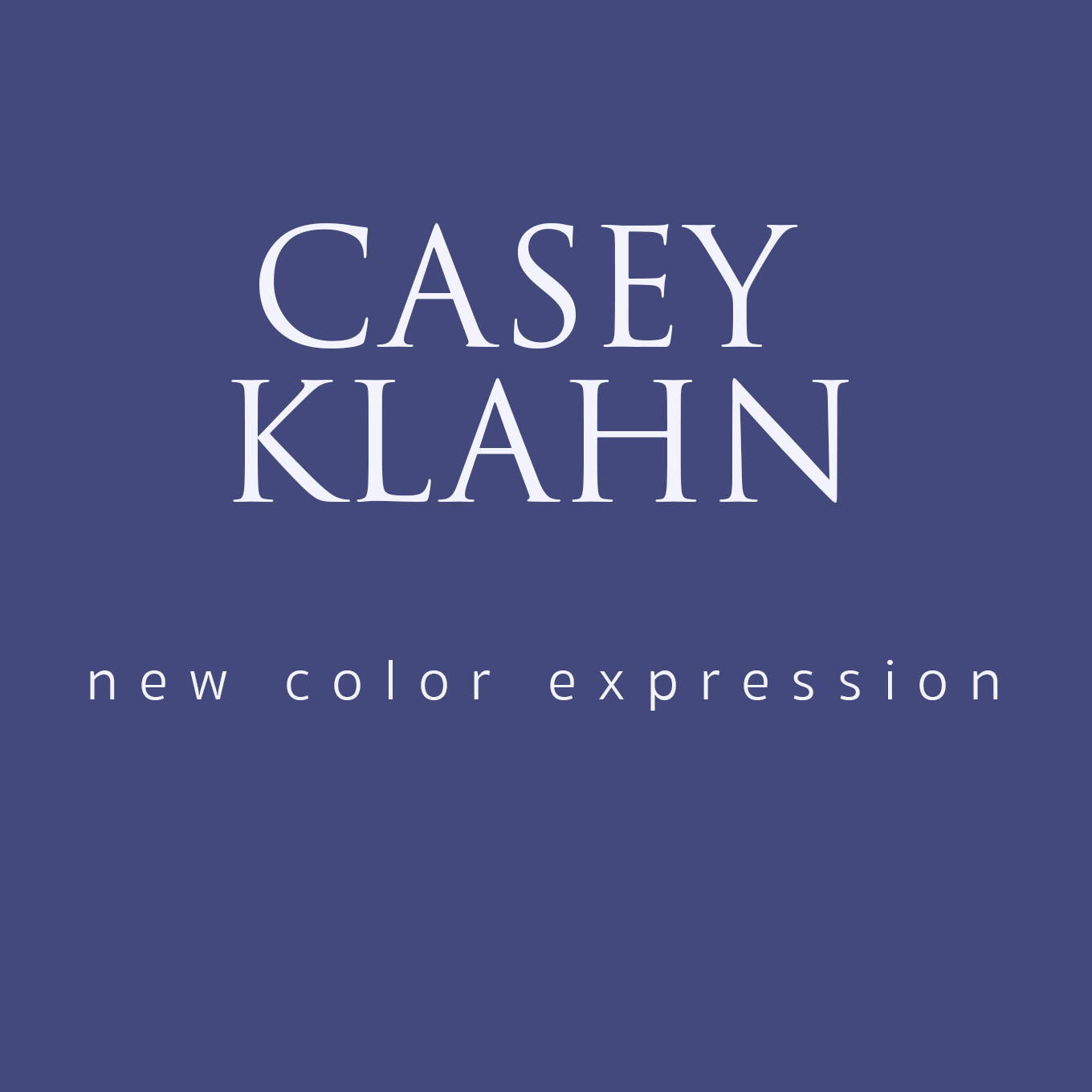
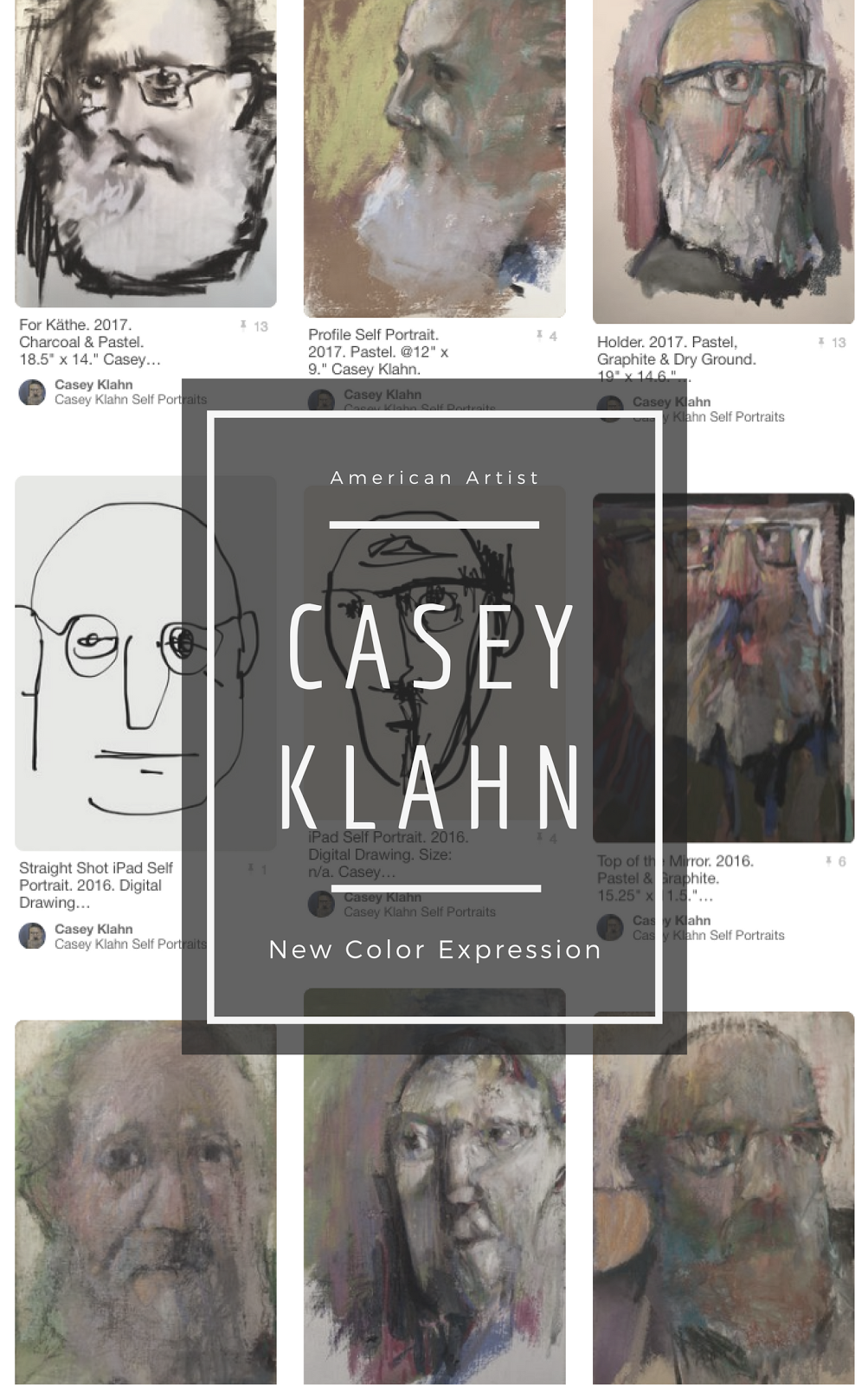








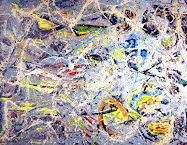
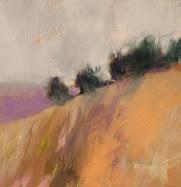
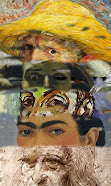






11 comments:
Thanks so much for directing us to this video. Although I've only watched the first two episodes, I found it to be an interesting examination. The problem I have with Scruton, however, is that he states "beauty is disappearing from our world." I think this is untrue. For instance, look at modern architecture around the world. Dubai comes to mind along with many urban concert halls globally. Additionally, humans still value beautiful gardens, parks, forests, and lakes. Advertising often appeals to our aesthetic side (no one wants to purchase something in an ugly wrapper). And so on. Beautiful art is still made, but there's also "ugly art." This is where I think Scruton contradicts himself when he speaks of beauty being lost in art but also that art should be an expression of the artist's relationship with the world. What if that relationship is a harsh reality? On the other hand, I agree with him that beauty is a universal need to human beings. A complicated subject, indeed!
Thanks for looking in, Kathy!
I think I am in about 95% agreement with Scruton, especially with his very plainly and clearly spoken advancement of beauty. That is a cheeky stand to take nowadays, don't you agree?
I also like that he says that when confronted with non-beauty, or violence, then the artist answers with (well, in the past they did) art that helps man to reconcile and heal. A very interesting line of thought, and I like the rebel in this.
I think he slays the artist who fails to defend post-modernist thought/art - the guy who is a mentor to so many famous contemporary artists. Absolutely *faces* him, and with basically a mirror.
I guess he's looking at architecture from the post war era, the usual, or trending, stuff. I really liked the "vandals built these buildings" part - that was very dramatic and humorous, too.
Casey - I had conflicting feelings about Scruton's ideas, but agree that beauty is a necessity for the human psyche. I just don't know if it's a criterion for "art." Guess I'm still learning. I'll take some time later and look at the rest of the series. Thanks so much for letting me know about this!
I agree that art has been shown to encompass more than beauty, and so we agree. And, if we don't put too fine a point on it, I think Scruton's philosophy of beauty is the plainest and most coherent I've heard recently.
It would seem to me that a movement to take beauty out of painting (like what we've been tortured to experience since I think really the 70s) has more to prove (and looks like they can't prove themselves - as beauty has made itself self-evident and irreplaceable).
Thanks for tasking a walk with these thoughts, Kathy.
Casey, thanks so much for posting this-it made my day. I watched the entire series and I think he makes some of his most eloquent points toward the end- that through beautiful art, music, etc we can take even expressions of human suffering and the human condition, and transform them into something meaningful and universal, that we can find comfort and connection with others (rather than the isolation post modernity espouses).
Yeah. Beauty as utility - thanks for writing this review, Deborah. I watched it last week (and after such, my internet kibbles go to zero) and haven't reviewed it. I am shooting from memory when I describe his vids.
This was written about this year's Turner Prize winner:
"For anyone who thinks that contemporary art is nothing but the dreck and detritus of perverted imaginations, Wright's painting provides a beautifully lucid counter-argument. It speaks of the exaltation of the human spirit, of our finer instincts and loftier ambitions, of the ability of the soul to soar and sing. It heralds nothing less than the return of beauty to modern art. "
http://www.telegraph.co.uk/culture/art/turner-prize/6767001/Turner-Prize-Art-is-beautiful-again.html
I did read that article - thanks for bringing it forward, Adam.
I got a bit of a chuckle, though, because the paper would be a prime mover in trending us away from beauty since the seventies (and before, I guess - Duchamp urinaled us in 1910, didn't he?) and now reports it's back. I have a feeling many, many of us have labored with beautiful art this whole time in obscurity and delight.
Ok but...
it hinges on what is defined by:
1.'contemporary art'. neither yours nor my art falls into that category,IMO.
2. 'Beauty' ... big subject, from Baudelaire back to the Greeks.
I also think there's something of a conflict between contemporary art's program & intent to shock & provoke & dismantle estabilshed & traditional means of expression (such as painting) .... & ...... beauty in itself, which can & often is disconcerting & somewhat 'shocking' but also, for me, has a very large element of 'discretion'(for want of a better word) in that beauty for me, often has gentleness & softness among its key elements....
Another key element for beauty would be 'insolence', in that to be beautiful something must dare to be itself, as for example my two children where very much so themselves upon their births, not 'pretty' certainly with all that blood etc but beautiful... yes,as beautiful as a miracle.
Wish I could paint something like that, maybe all the hackeyened clichés of landscape painting do need revising??
Yes, the term "contemporary art" has a specific (public? newspaper?) definition that reflects a school of thought. It is performance, anti-painting, installation, and all of that art/non-art stuff.
But, it does have a more general definition that means art done nowadays. So broad it feels meaningless. Hmm. Maybe I will quite using that phrase.
Lately, I have thought to borrow a theme from theology. That theme is the omnipresence theme - where time is viewed from a singular standpoint. The past, present and future all occur as one - no rank. Painting isn't omnipresent, but it does represent one of the most durable things man can make. Why is something made now better than something made 1,000 years ago? I don't think our paintings now have any more reality or emotion in them. I think they are the same.
This lets me live in the era of the modernists without feeling outdated, I guess. las (laughs at self).
I think you will paint something about insolent beauty, Adam. Has anyone written about "insolent beauty?" That's a great subject/idea.
Post a Comment